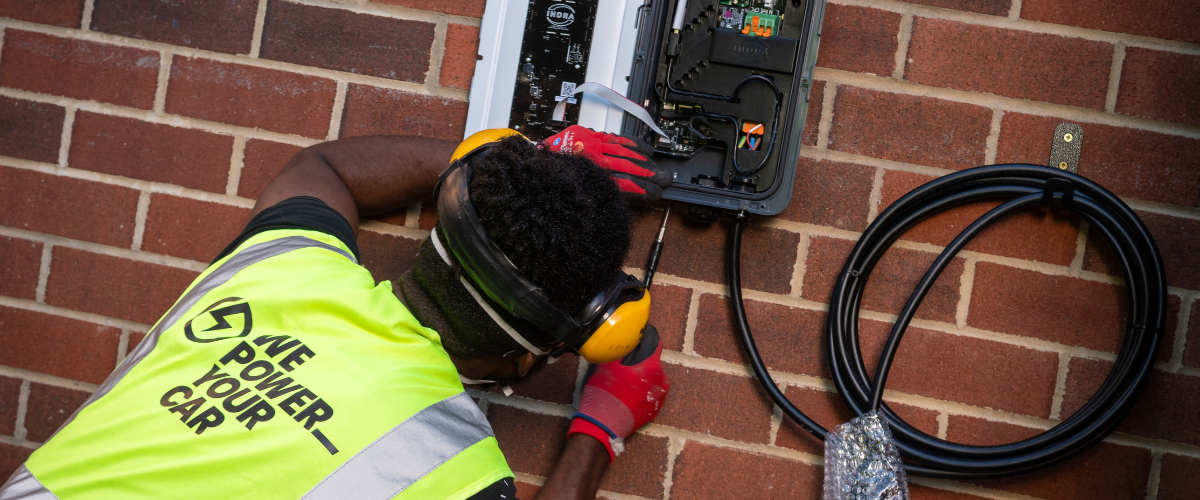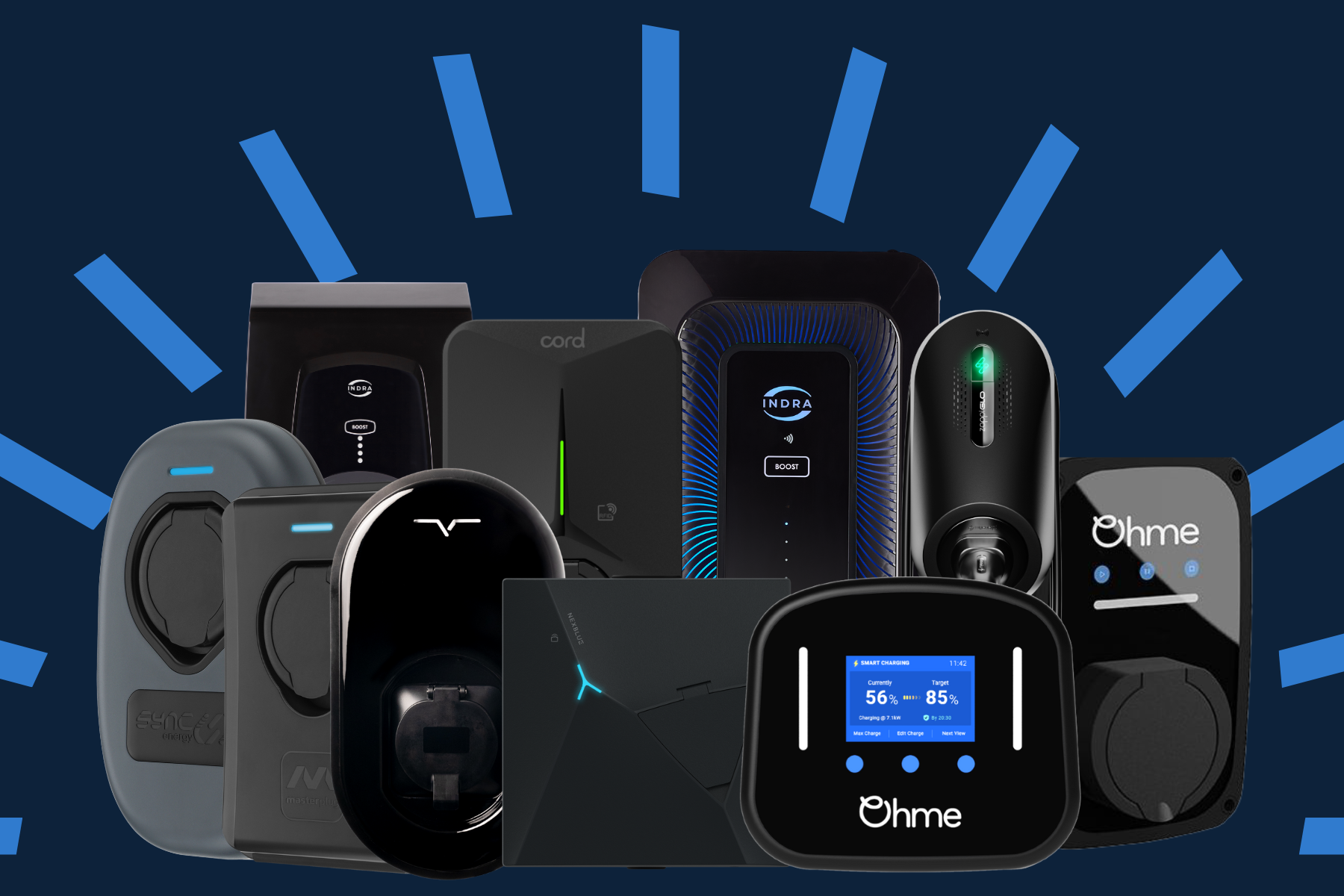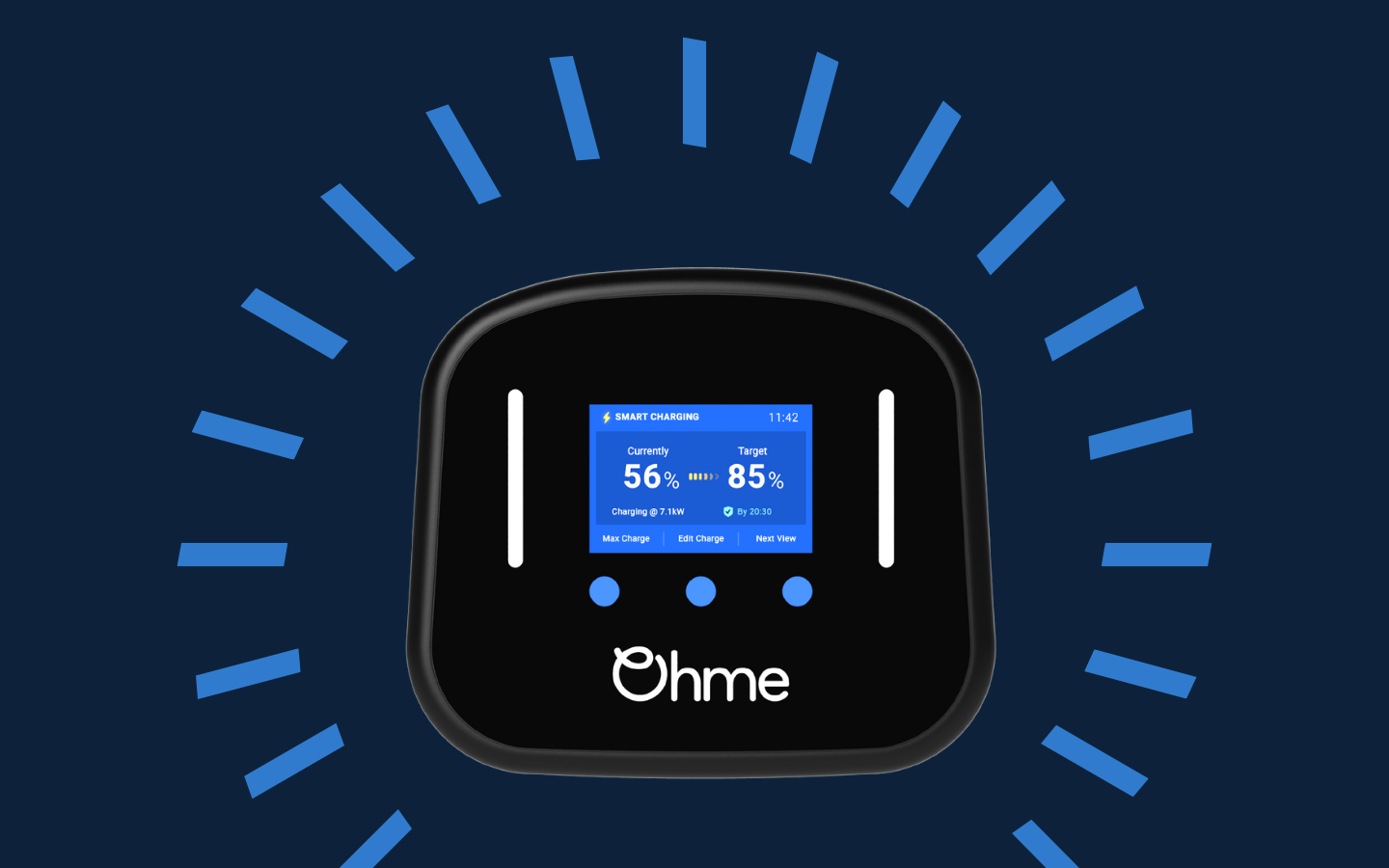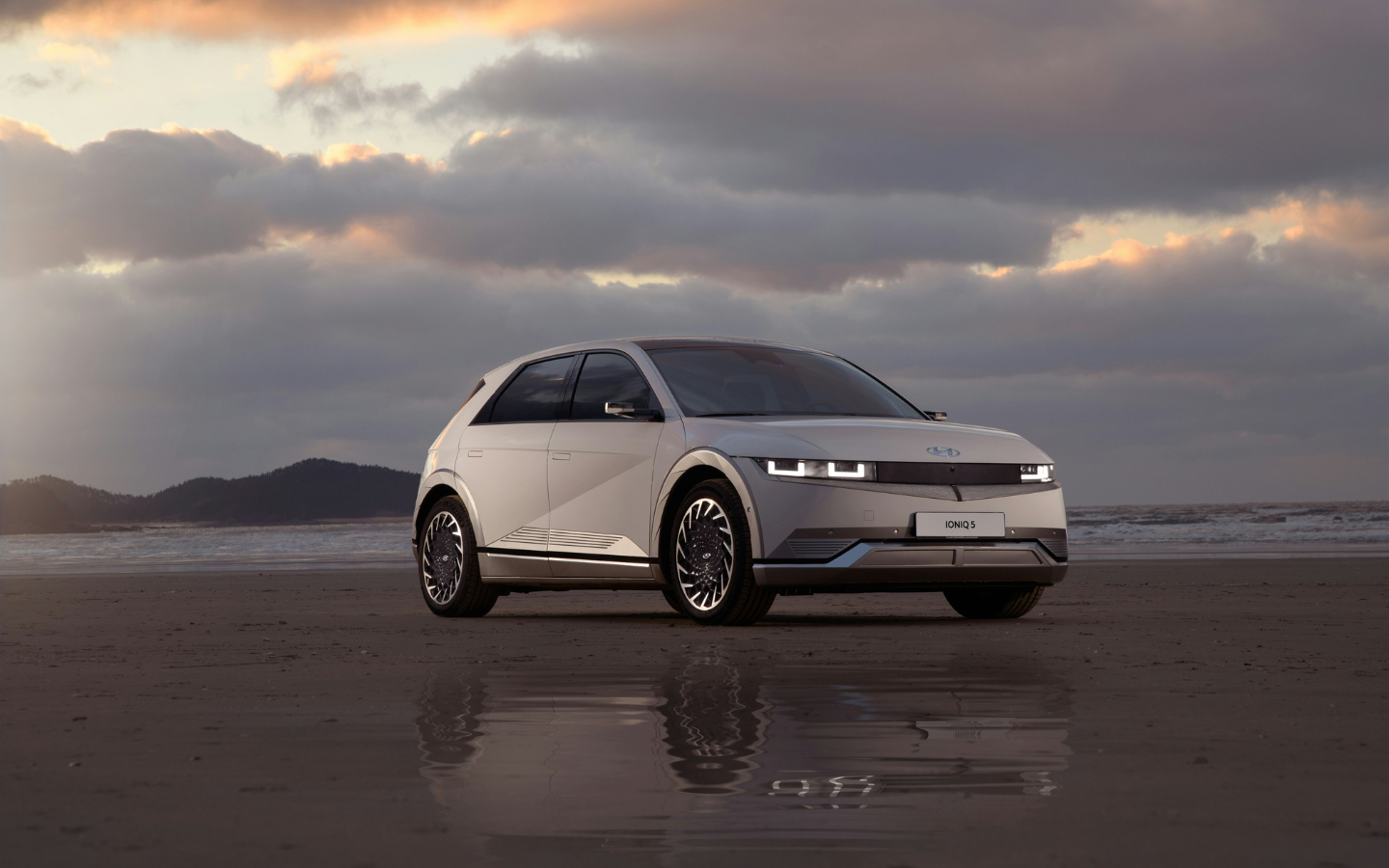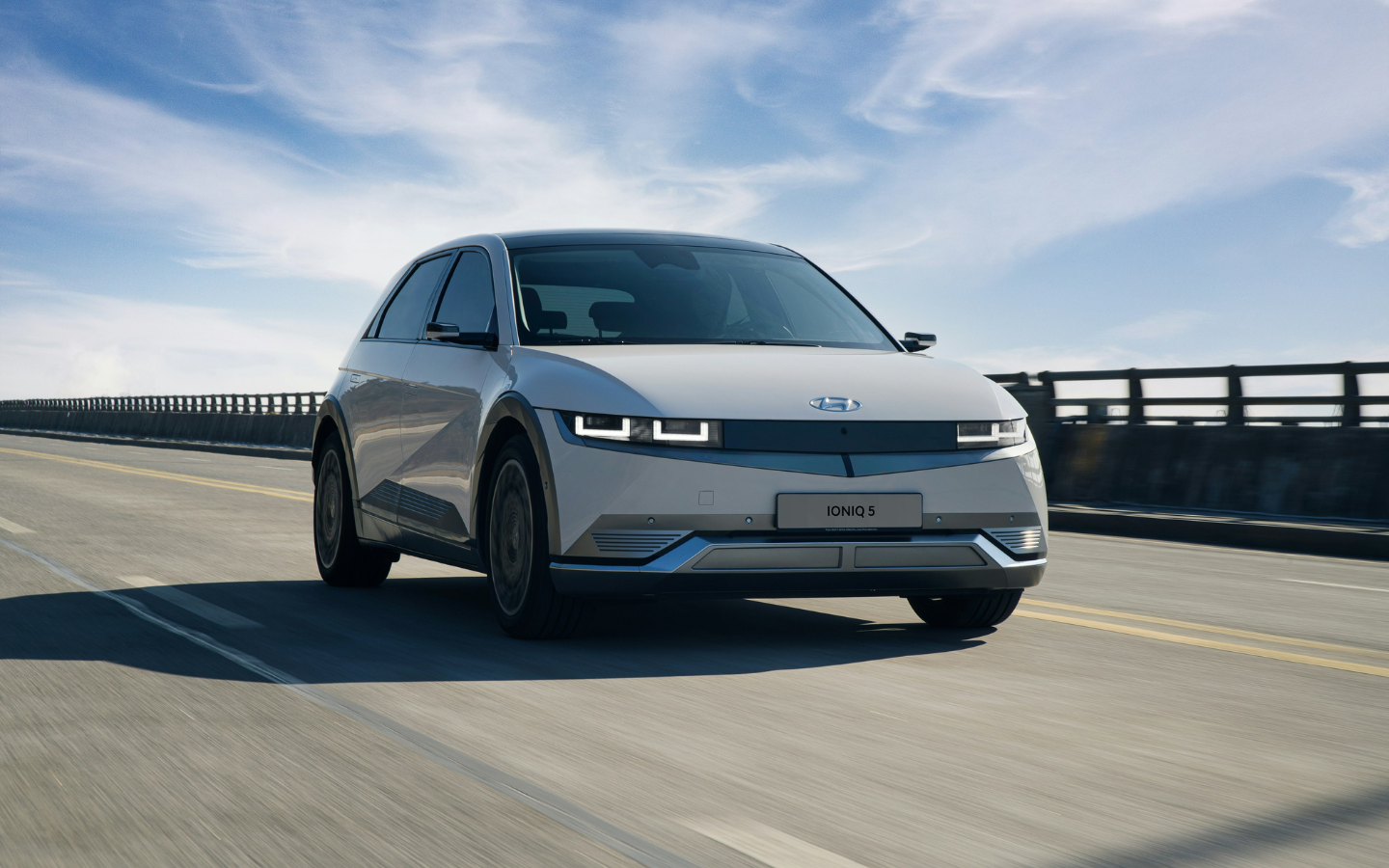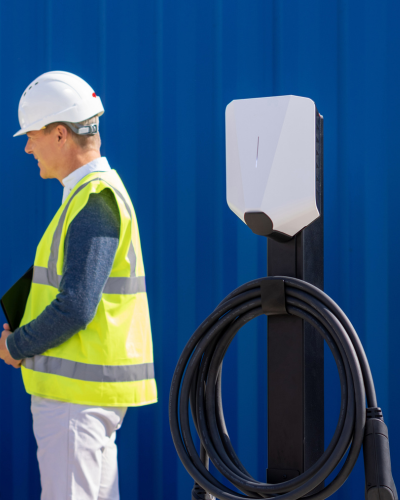
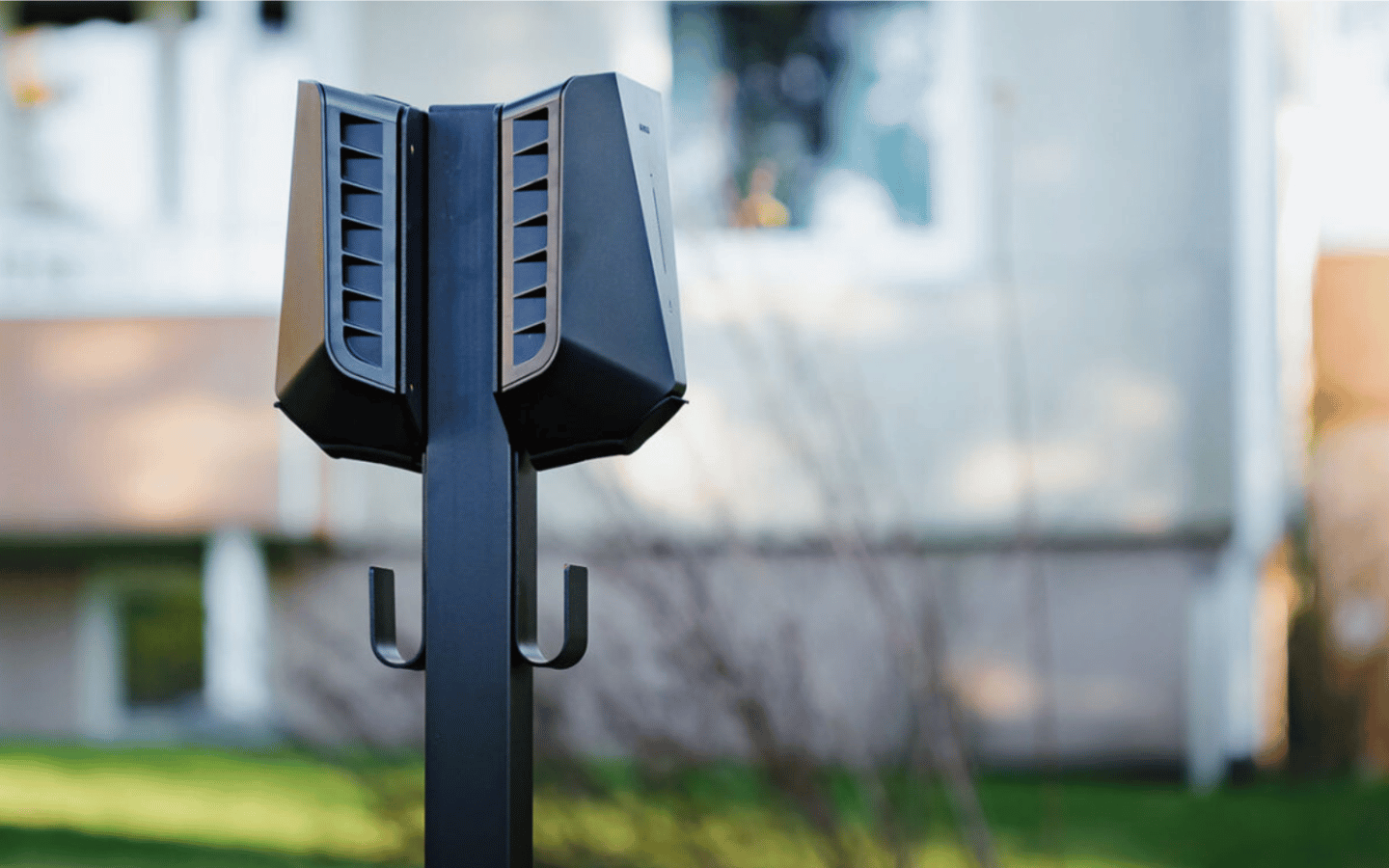
Commercial EV charger installation costs UK: A guide
As the UK transitions towards sustainable transportation, the demand for electric vehicles (EVs) continues to surge. With this increasing popularity, businesses across the United Kingdom are recognising the importance of providing convenient and accessible EV charging facilities across the UK.
In fact, commercial EV charging stations can bring multiple benefits: customer attraction and retention from EV drivers, increased foot traffic and revenue and showcasing a commitment to sustainability.
However, as with any infrastructure investment, it’s crucial to understand the costs associated with commercial EV charger installations. From charger manufacturers and installation costs to ongoing operational expenses, there are various factors that businesses need to consider when planning and budgeting for their charging infrastructure.
In this article, we will delve into the details and uncover the key cost considerations for commercial EV charger installations in the UK.
How much does a commercial electric car charger installation cost in the UK?
Broadly speaking, a commercial electric vehicle (EV) charger costs around £1,500-2,000 per socket in the UK. However, it’s important to note that the total expense of installing a commercial EV charging solution can go beyond this base figure. With prices ranging from £2,000 up to four-figure amounts, the installation costs for commercial EV charging points can vary depending on a number of factors, including but not limited to customer-specific requirements, property types and the type of charger manufacturer.
What factors impact the cost of a commercial electric vehicle charger installation?
1. Commercial charging speed
It’s worth noting that electric vehicle chargers offer a range of charging speeds, each with its own charging rate. Firstly, slow charging at 3kW. Secondly, fast charging at 7kW or 22kW AC, and lastly rapid/ultra-rapid charging at speeds of up to 150kW DC. The selection of the appropriate charging speed depends on the specific requirements of the company.
In commercial installations, the choice typically lies between fast and rapid chargers. But, it’s important to note that EV charging station costs increase as the charging rates go higher, particularly for DC commercial chargers.
In fact, DC chargers are considerably more expensive than a 22kW fast charger, with costs starting from £30,000 and upwards, compared to 22kW AC chargers at prices of over £1,500.
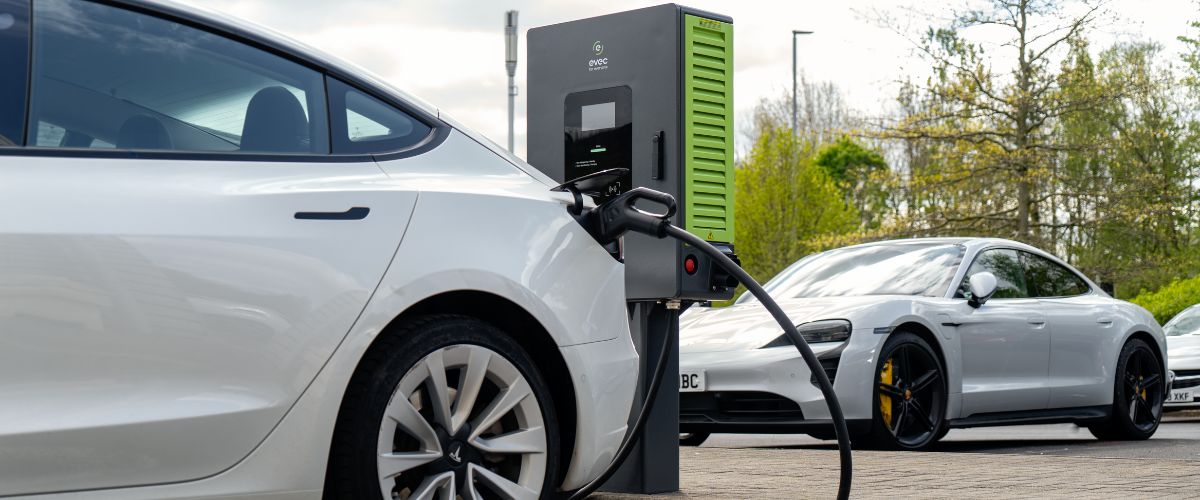
2. Commercial EV charger choice
What’s more, different manufacturers also factor into the equation of a commercial installation, with some EV chargers offering more advanced smart features, such as RFID card capabilities, or similar to the Sevadis unit – an LCD screen. Cleaner, sleeker aesthetics, apparent on chargers such as the Easee Charge, also cost more than their no-frills counterparts.
3. Number of commercial electric vehicle chargers
Naturally, the total cost of your installation will increase as you add more EV charging points. But, the number of commercial EV chargers required ultimately depends on the specific needs of your business.
For example, larger corporations that have extensive operations and higher demand for charging infrastructure may require multiple EV chargers to cater to their fleet or employee charging requirements. In contrast, a small cafe or shop may only require one or two commercial EV charging points.
4. Electricity supply
Most commercial properties will have a three-phase electricity supply in place. However, if you’re a smaller business, such as a B&B or an independent shop, your property may have a single-phase electricity supply.
If this is the case, you would need to upgrade your supply to be able to handle charging rates of above 22kW, or you’d be limited to a 7kW EV charger.
The DNO would have to undertake this upgrade. This can be time-consuming and costly (average cost of £4,500 – £6,000).
5. Commercial installation complexity
Groundworks, cabling, labour, and materials all factor into how complex a commercial electric vehicle installation cost will be. Similarly, if the installation requires multiple days of work and involves a team of engineers, the expenses will be notably higher.
Additionally, if there is a need or want for bases or pedestals or if trenches need to be dug for cable routes, the commercial installation cost will increase accordingly. These factors should be taken into account when assessing the budget for a commercial EV installation.
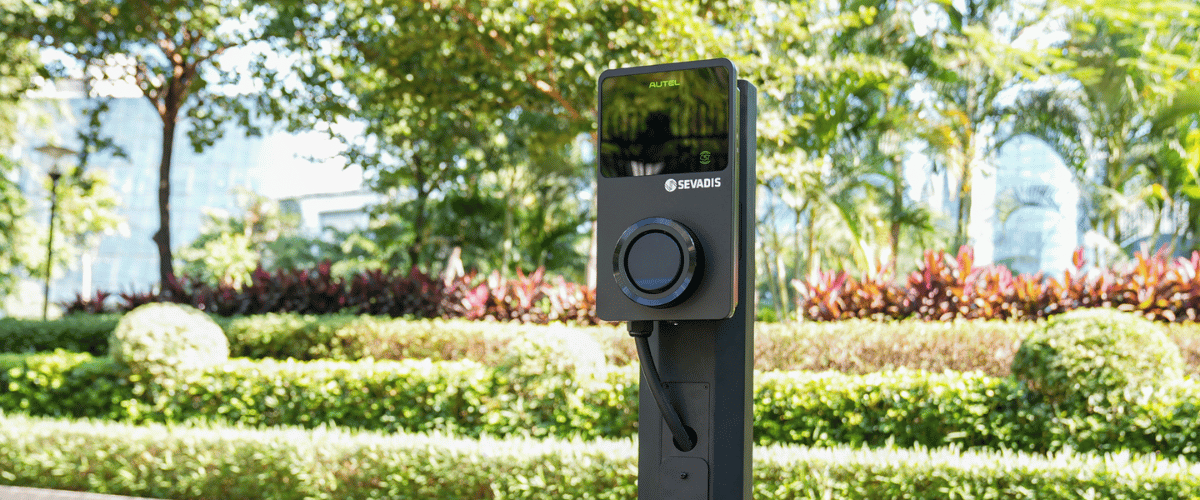
6. Commercial back-office systems
Simply put, back-office systems are how companies manage the units and control the billing. Ultimately the costs vary from system to system, with some forgoing the initial fee but will subject you to ongoing subscription fees and/or transaction fees.
Some commercial EV charger manufacturers, such as the Sevadis and the Easee, come as standard with their own management software. We offer our own back-off system, too – the WPYC CPMS (charge point management system).
However, it’s important to note that if you want a more advanced billing solution, i.e., if you’re going to set different tariffs for different users, you will require a more advanced billing solution that will likely require an initial cost and or rolling payments.
7. Grant funding for commercial installations
Two government grants are available for those who want to invest in commercial EV charging facilities: the Workplace Charging Scheme and the EV Infrastructure grant.
1. Workplace Charging Scheme (WCS):
Take advantage of the Workplace Charging Scheme, which offers government funding of up to £14,000 for the purchase and installation of electric vehicle chargers. This voucher-based program allows businesses, charities, and public sector organizations to receive up to £350 per socket, with a maximum of 40 sockets. Eligible entities can apply for this scheme, and it’s essential to act quickly, as the final application deadline is March 2026.
2. EV Infrastructure Grant:
Prepare your business for the electric vehicle revolution with the substantial EV Infrastructure Grant, providing an additional £15,000 of funding. This grant can be utilised to invest in EV charging infrastructure now or to make necessary preparations for future charger installations.
Small to medium-sized businesses with a car park and no more than 249 employees are eligible to claim this grant. To qualify, the company must be registered at Companies House or VAT registered with HMRC. You can find the full eligibility criteria on our website.
By combining the EV Infrastructure Grant and the Workplace Charging Scheme, up to £30,000 of government funding is available to invest in EV charging facilities. Take advantage of these government grants to substantially decrease the cost of a commercial EV charging solution.
Summary:
- When it comes to the full cost of commercial EV charger installations, several factors come into play – charging speed, charger choice, number of commercial chargers, electricity supply, installation complexity, back-office systems and grant funding. Commercial EV chargers and their installation therefore vary depending on a business’s wants and needs.
Interested in a commercial electric vehicle charging solution?
We offer comprehensive solutions for commercial EV chargers, handling every aspect of the process from start to finish. Whether it’s site assessment, back-office billing solutions, grant paperwork, installation, or ongoing support, we take care of all the technical details, ensuring a seamless experience for our clients.
We work closely with businesses to understand their specific requirements and tailor solutions that optimise efficiency, scalability, and cost-effectiveness. No matter the size, whether it is one EV charger or one hundred, we can cater to your every need.
Click below to contact us for more information or any queries you may have.
